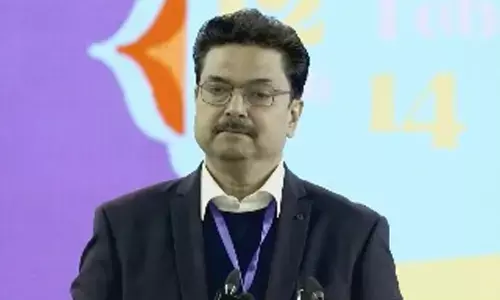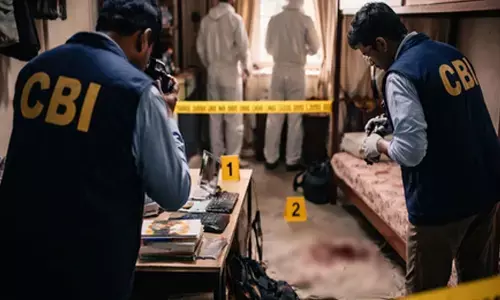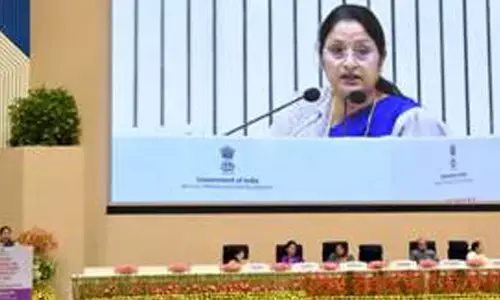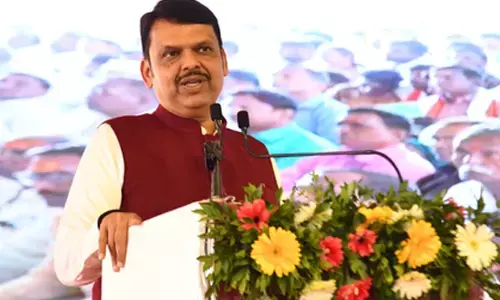Balakot Ops showed effectiveness of air power: IAF chief VR Chaudhari
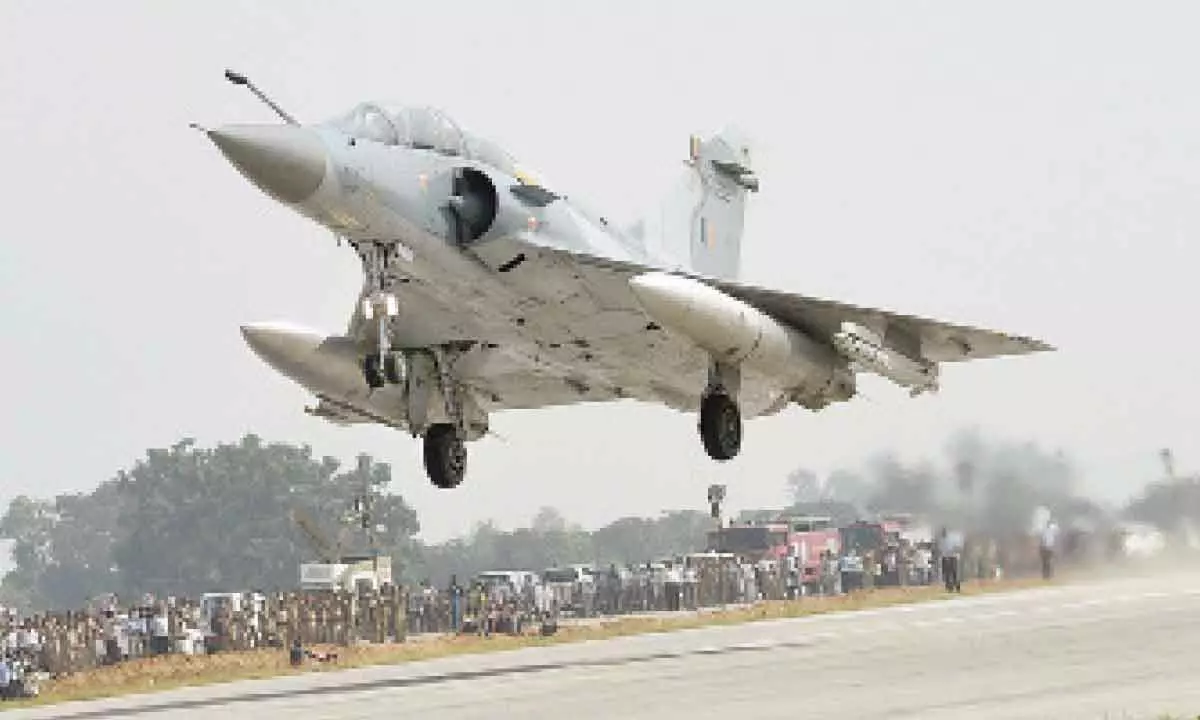
- 'No war, no peace' scenario
- "Operations like Balakot have also demonstrated that given the political will, aerospace power can be effectively used in a no war, no peace scenario, under a nuclear overhang without escalating into a full blown conflict
New Delhi: Air Chief Marshal VR Chaudhari on Tuesday highlighted the critical importance of India's air power considering the nature of its adversaries and said the Balakot operations of 2019 demonstrated its effectiveness even in a 'no war, no peace' scenario and under a "nuclear overhang".
The Chief of Air Staff said air power has become an option of choice due to "inherent flexibility" and "unmatched" precision strike capability. "Operations like Balakot have also demonstrated that given the political will, aerospace power can be effectively used in a no war, no peace scenario, under a nuclear overhang without escalating into a full blown conflict," he said.
"This is very important given the nature of our adversaries. The response options available to the leadership have suddenly increased and increasingly, air power has become an option of choice due to inherent flexibility and unmatched precision strike capability," he said. Air Chief Marshal Chaudhari was speaking at a seminar on 'Aerospace Power: Pivot to Future Battlespace Operations'. India's war planes pounded a Jaish-e-Mohammed terrorist training camp in Balakot in Pakistan in February 2019 in response to the Pulwama terror attack in which 40 Central Reserve Police Force (CRPF) personnel were killed.
"India's security concerns necessitate that it puts in place adequate military power that has the ability to achieve deterrence, ensure information dominance, coerce when needed and provide multiple response options," Air Chief Marshal Chaudhari said. "Attributes of aerospace power enable the leadership to formulate an appropriate strategy with due cognizance given to the desired end state, conflict termination criteria and escalation matrix," he said. The IAF chief said that considering the advantages that the aerospace power offers, it will become a crucial factor in future battlespace operations. To be able to control the airspace across domains will prove vital in the future and in order to achieve that, he said.
Air Chief Marshal Chaudhari said there is a need to harness technology including the CMOS (complementary metal oxide semiconductors) sensors, Artificial Intelligence enabled decision support matrix and manned-unmanned teaming. He said next generation fighter aircraft will prove to be a deciding factor when fighting "tomorrow's wars". "One aspect that deserves a special mention is the humans in the chain. Any amount of automation will not be effective unless we have well-trained, situationally-aware and technologically sound professionals handling our systems," the IAF Chief said.




